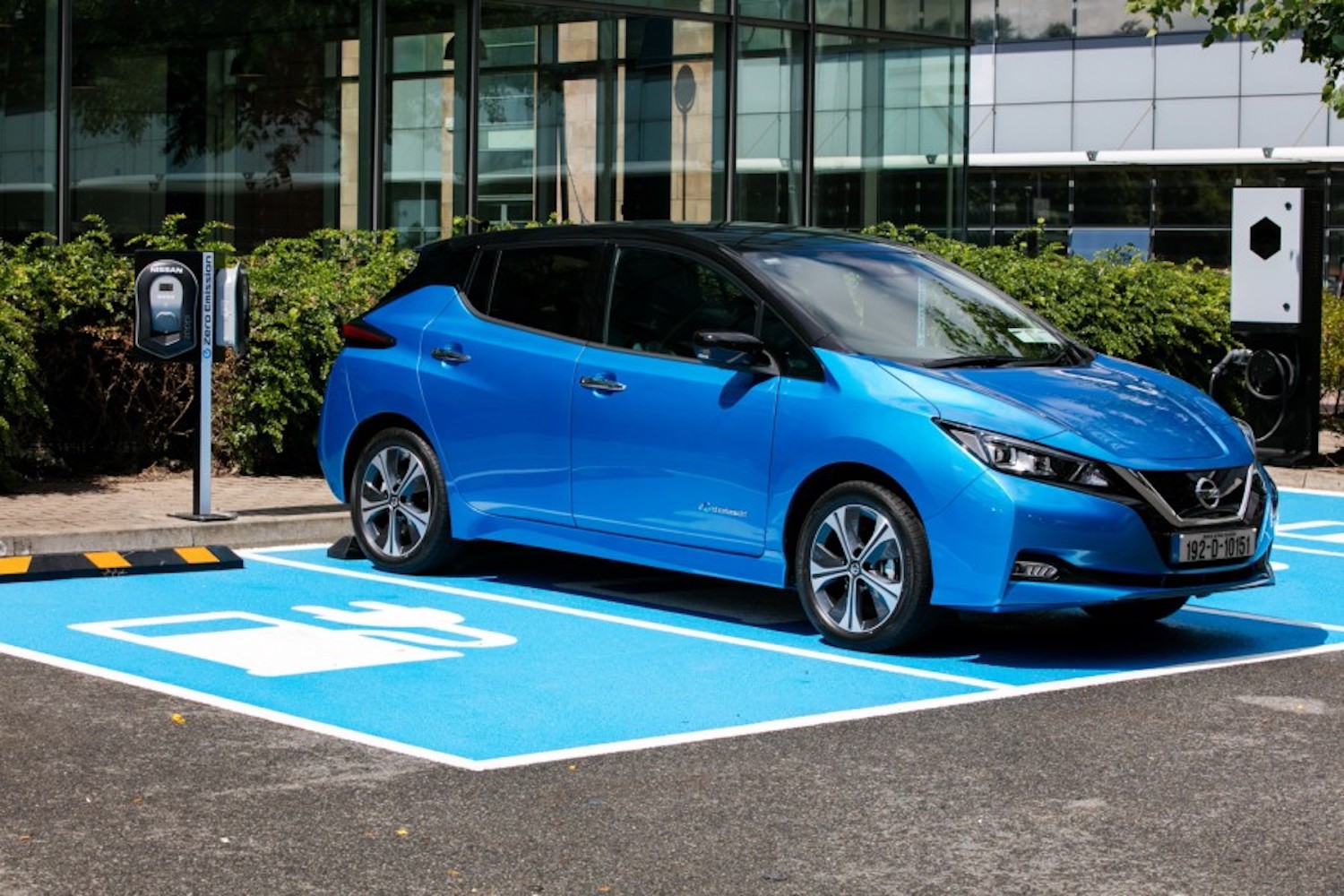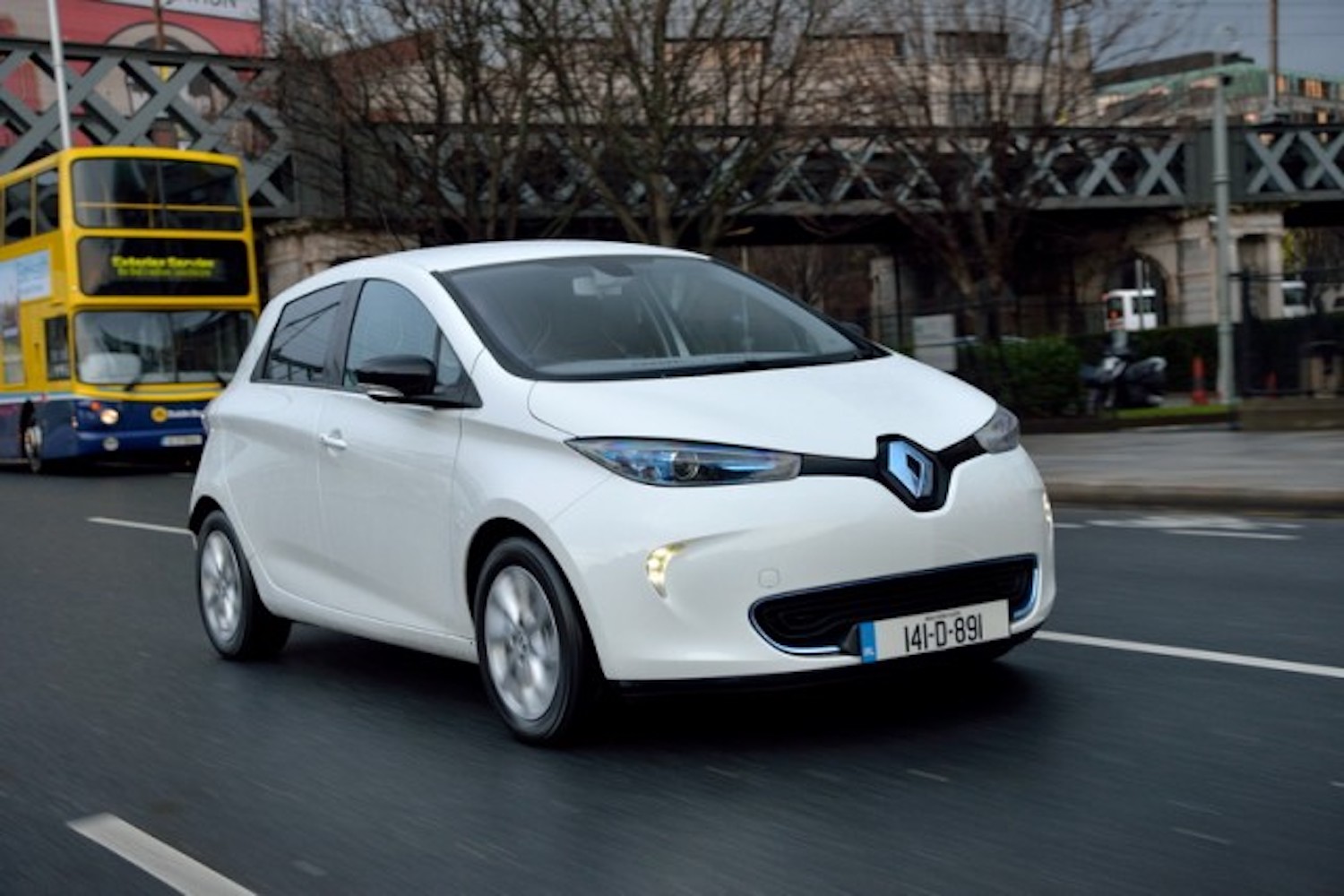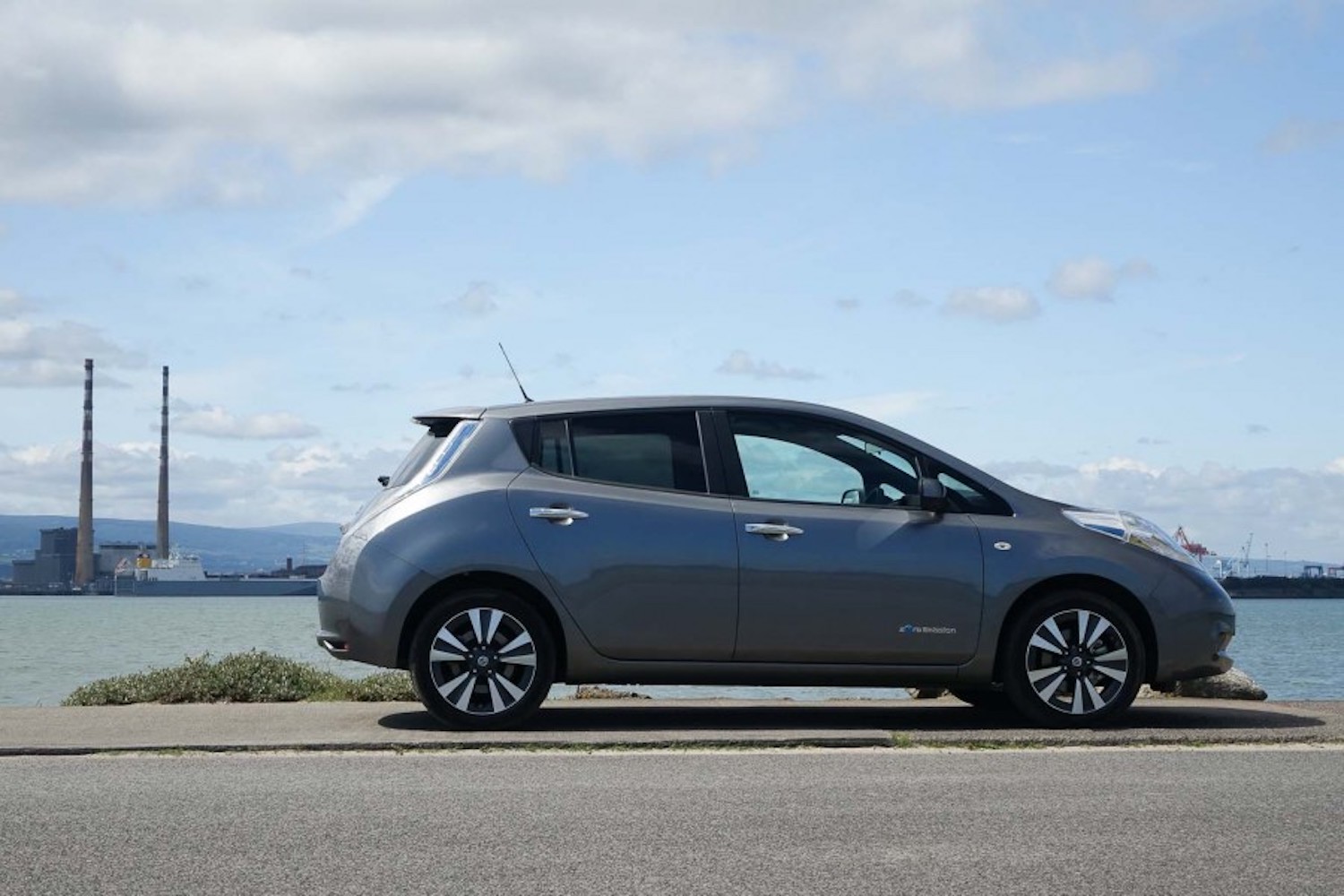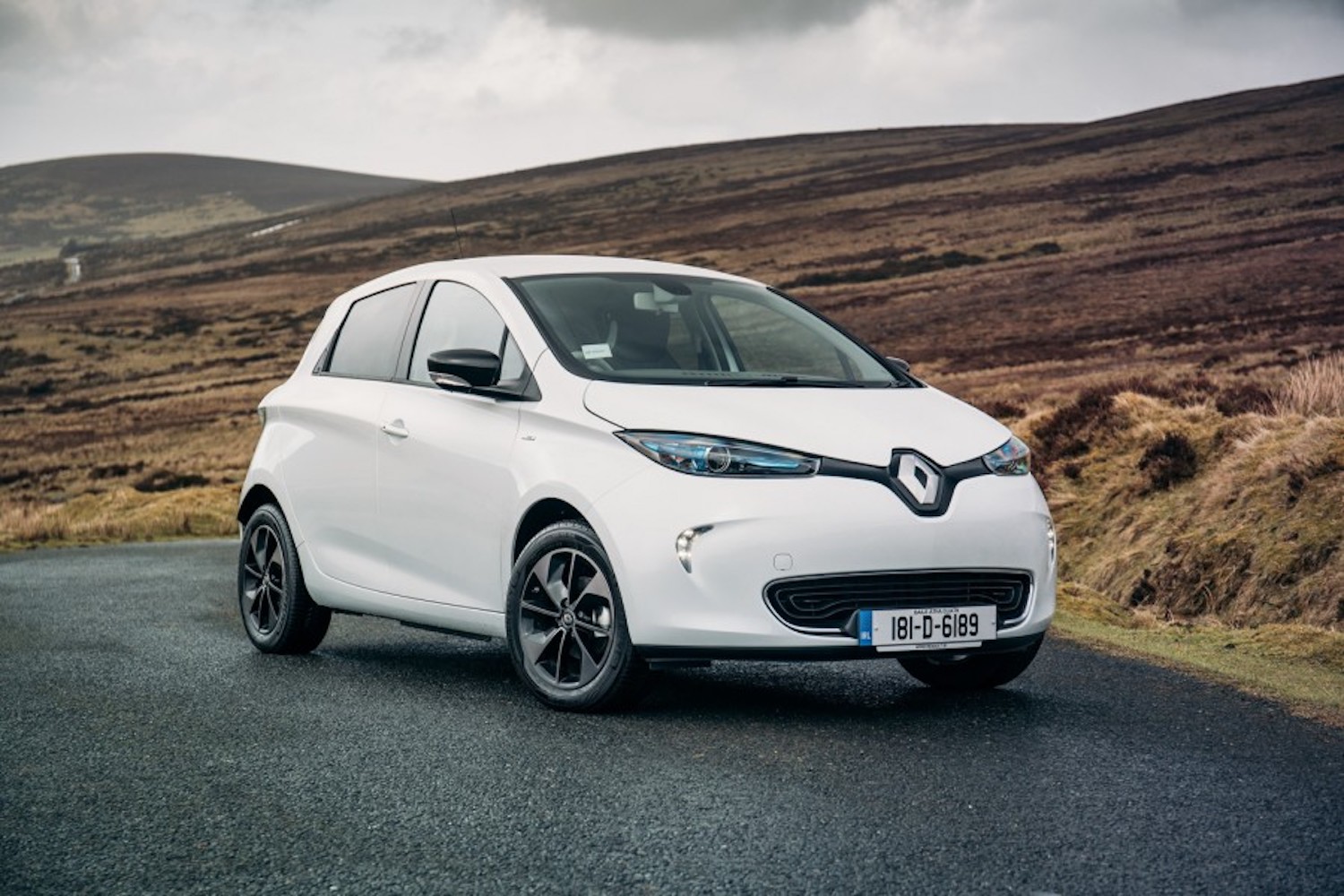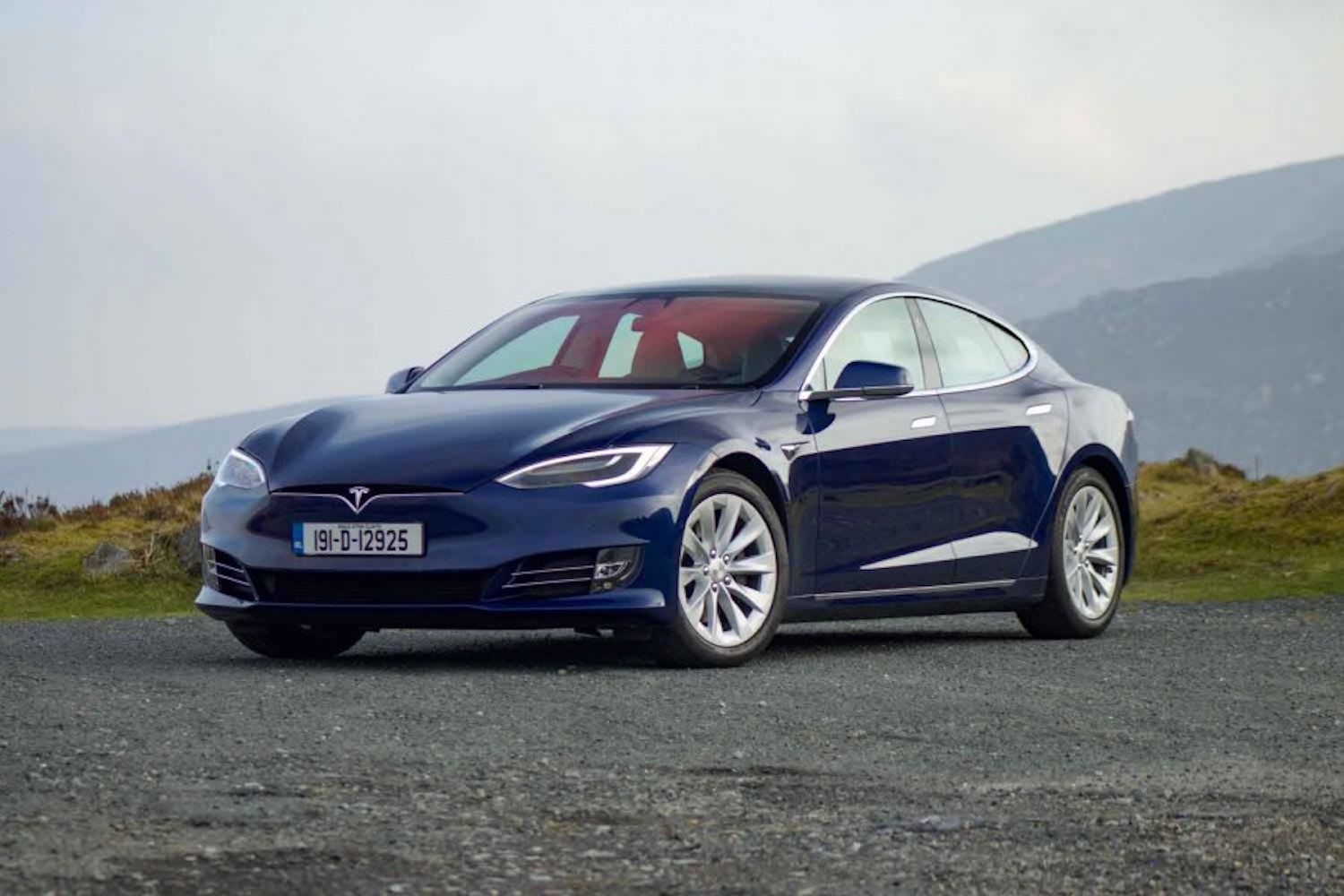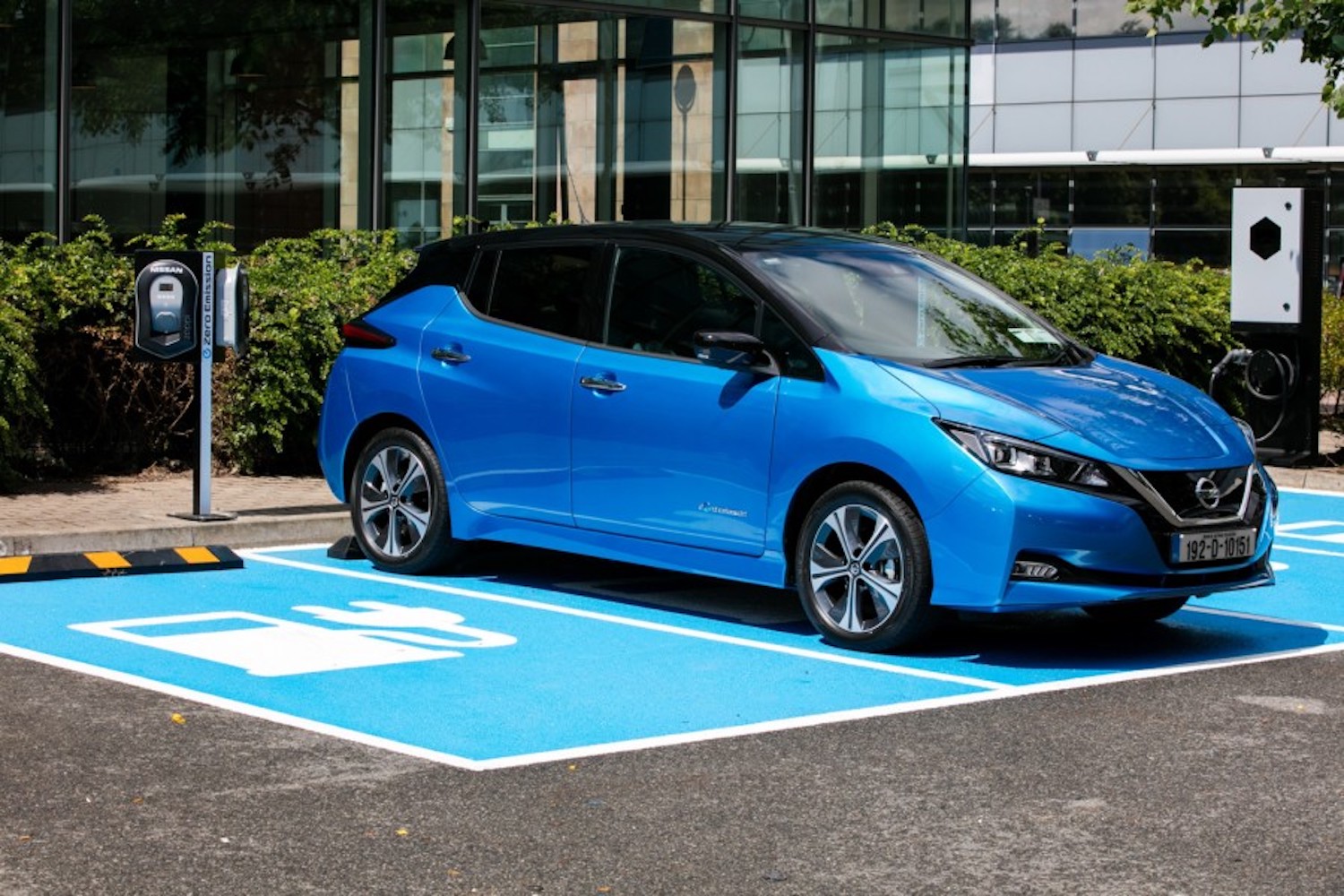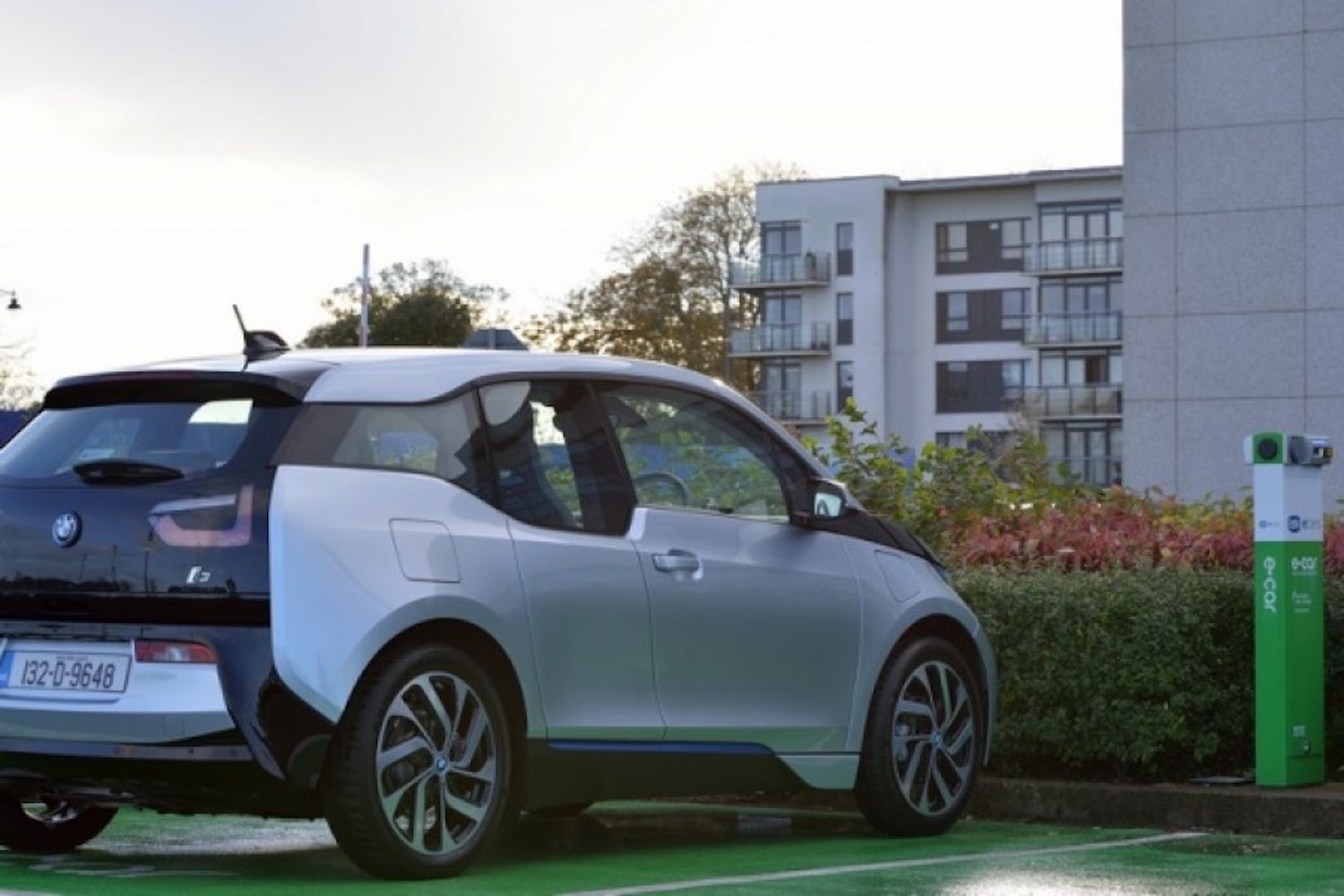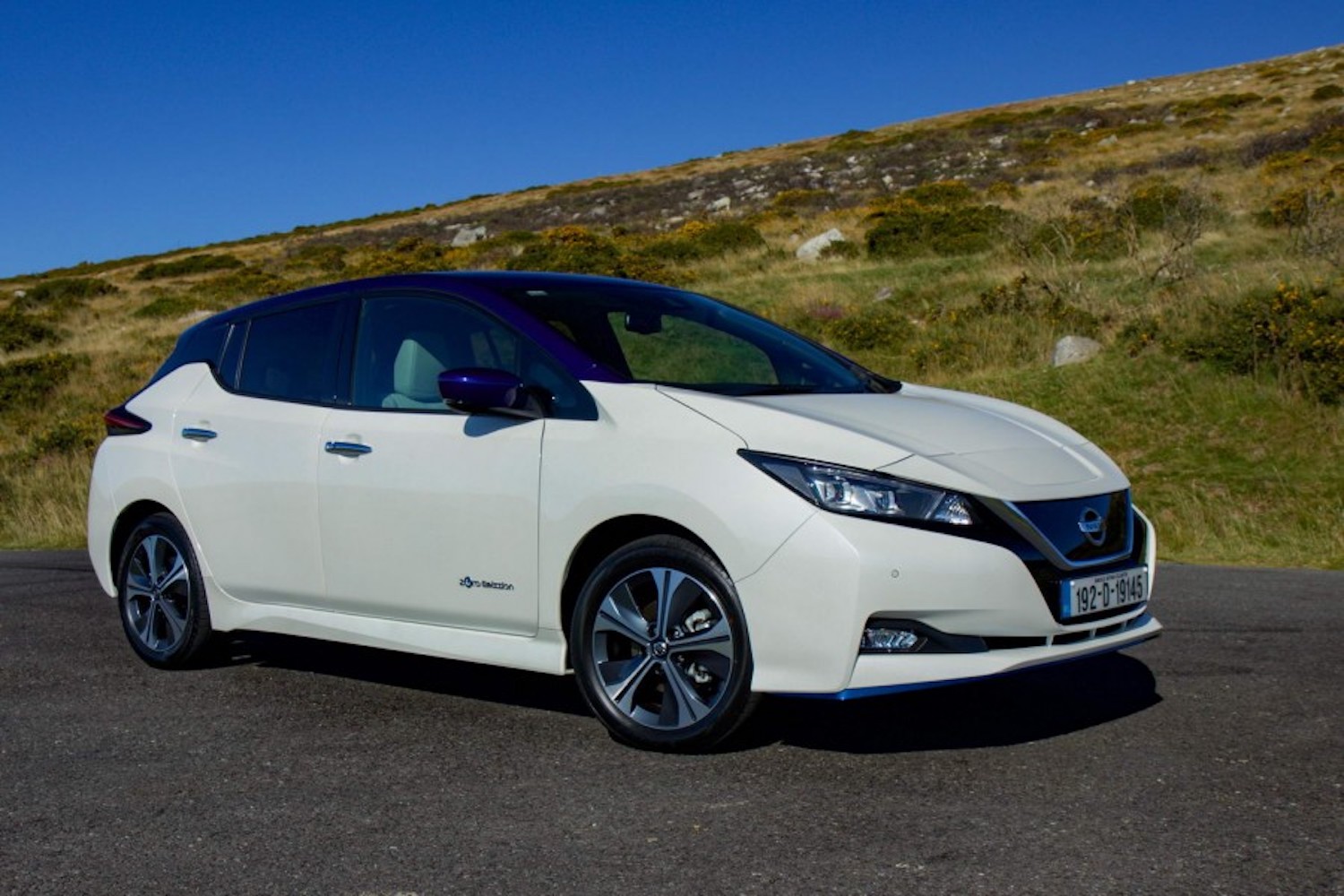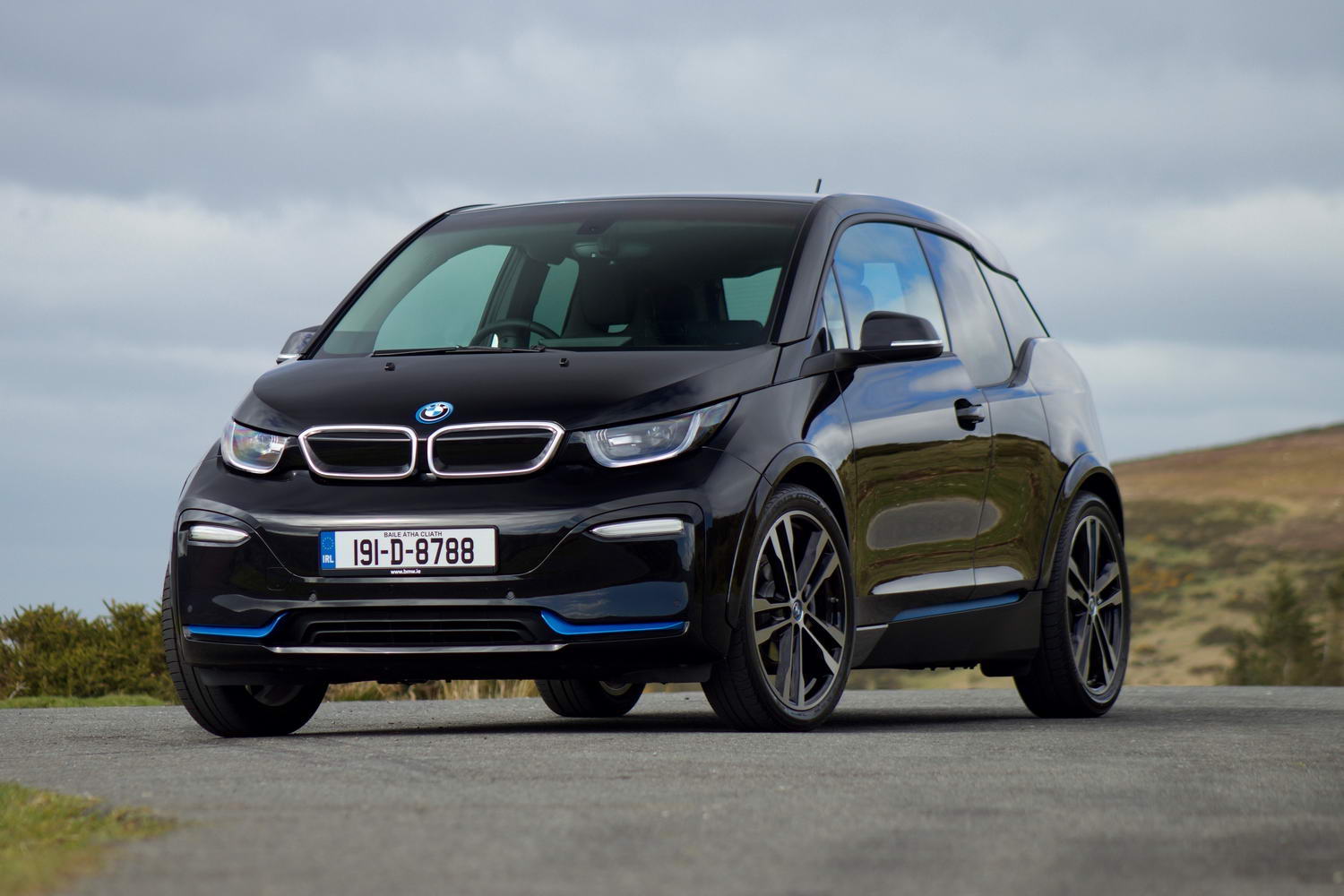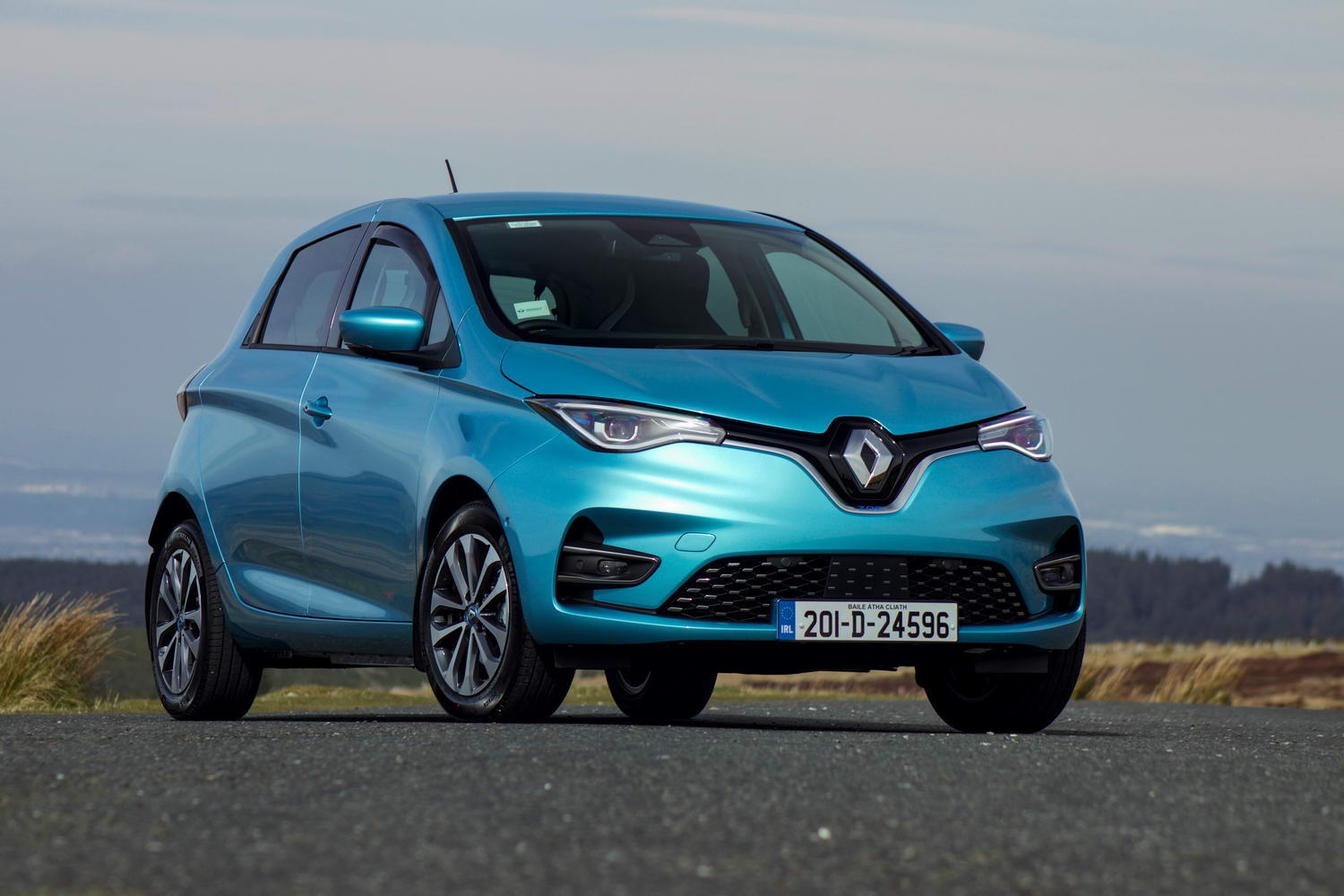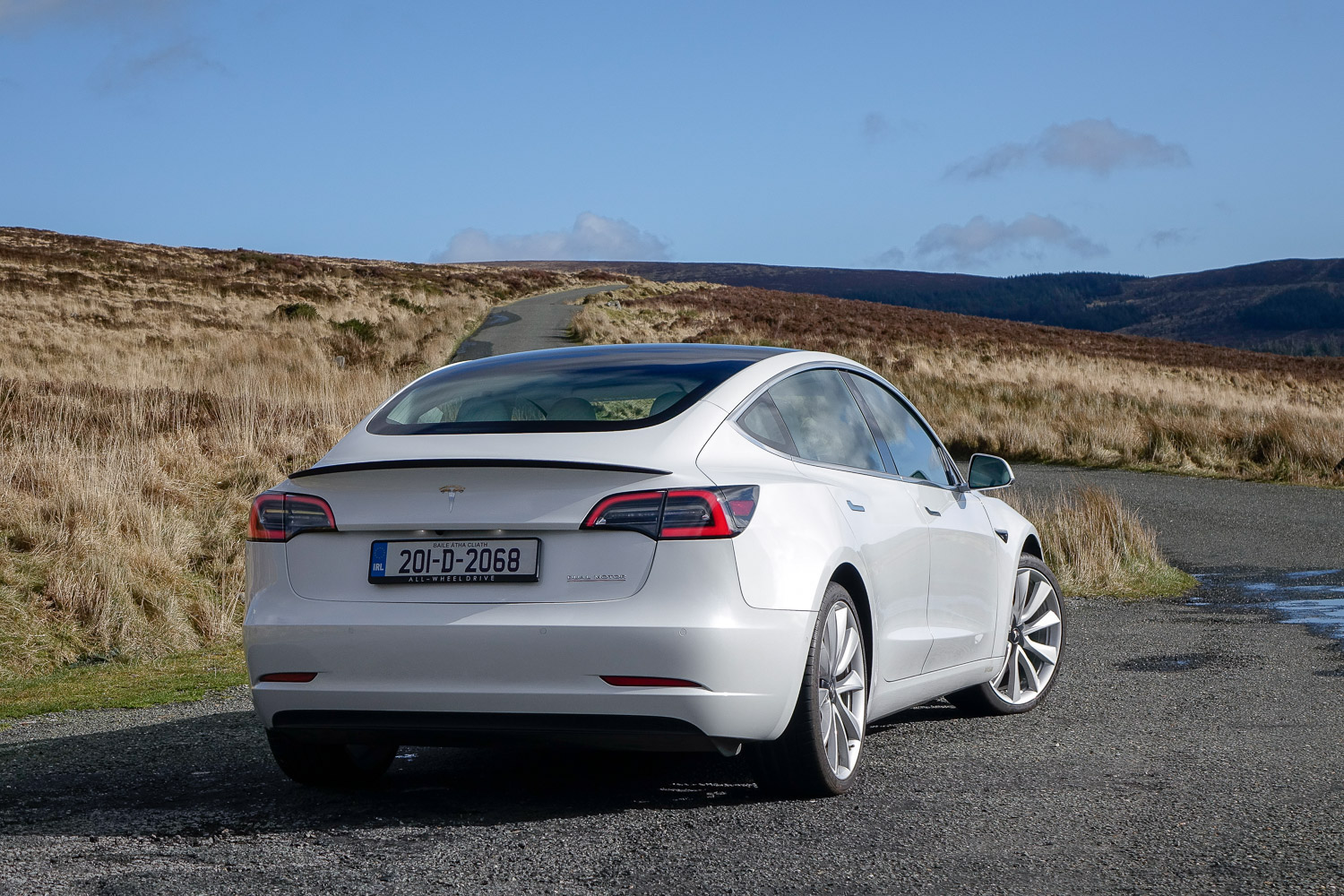Ireland is, most likely, going to be an all-electric car market by 2030, so you may as well get yourself on the electric ladder right now, and the cheapest and most cost-effective way to do that is to buy yourself a second-hand electric car. Here’s our guide to the dos and don’ts of buying a used EV...
Is an electric car right for me?
This is a question that’s becoming less important for new electric Irish car buyers, as newer models with longer ranges are perfectly suitable for a broader spread of people. Older models with shorter ranges, though, need a little bit more care and attention when buying. Do you undertake regular long journeys, for example? If so, an older EV may not be right for you, or at least will make you plan your journeys more carefully around stops for charging. If you’re a low-miles driver, though, and someone who both has a driveway at home to make charging easier (and better yet, charging facilities at work, too), then even a relatively short-legged EV might be ideal. That goes double if it’s a second car, and you still have a petrol, diesel, or hybrid vehicle to use for longer hauls.
Should it have a service history?
Yes. God, yes. Absolutely, yes. With any car, to be honest, you shouldn’t be buying anything that doesn’t have a full service history, but with electric cars it’s doubly important. There is an assumption that the mechanical simplicity of an electric car means that you don’t have to maintain it as much as a petrol or diesel model. While there’s some truth in that, there are other things to consider - chiefly battery health and software updates. While some newer models can update their software ‘over-the-air’ thanks to built-in SIM cards and internet connections, older cars have to go back to the dealer to be kept up to date. That software isn’t just important for keeping the stereo going, either - it’s a key part of keeping the battery healthier for longer.
How much do batteries wear out?
Not has much as you might think. Most new electric cars will come with at least an eight-year battery warranty, which guarantees that it will retain at least 80 per cent of its original capacity over that period. Generally speaking, when a battery drops below that figure, it’s not up to the high-discharge and rapid-recharge rates of in-car use. At that point, most batteries will be re-used in a static capacity, or recycled into new batteries.
The good news is that batteries don’t age as quickly as was originally assumed. A recent report by fleet management company GeoTab suggests that the batteries that power our electric cars will degrade by around 2.3 per cent per year of use. That equates to an average 27km loss of one-charge range over five years. “As you might expect, the older a vehicle is, the more likely its battery has deteriorated” said Charlotte Argue, GeoTab’s senior manager of fleet electrification. “However, when looking at average decline across all vehicles, the loss is arguably minor, at 2.3 per cent per year. This is good news! If you purchase an EV today with a 240km range, losing about 27 kilometres of accessible range after five years is unlikely to impact your day-to-day needs.”
How do I make sure my battery stays healthy?
Keeping your car battery healthy is pretty much the same as keeping the batteries on a laptop or in a phone healthy. While car batteries are generally much more sophisticated and have extensive cooling and heating systems to keep them in peak health, the basics remain the same - charge up slowly, and use as much of the charge in one go, down to around 20 per cent power, before charging up again. If you’re using a public rapid DC charger, then try to top up to 80 per cent capacity, rather than fully charging the battery. It’s better to do a full charge from a slower 7.4kW or 11kW charger, such as a home wallbox charger. Charging overnight from one of those will fully charge most electric cars.
Will my battery need to be replaced?
This is one of the most common questions in EV ownership, and thankfully the answer is generally no. Obviously, as with any component on any car, you can get a battery that fails completely, and hopefully it will still be under warranty for its replacement. Otherwise, what tends to happen is that individual cells in the battery can become damaged or worn, and these can be replaced without taking out the entire battery. It’s still not the cheapest thing to do, but far cheaper than a full battery replacement.
Which are the best models to buy?
The Nissan Leaf is an obvious and excellent choice - preferably the second-generation version introduced in 2018, which has a 40kWh battery and a one-charge range of around 275km. It’ll fast-charge from a 50kWh DC charger and prices start from around €18,000-€20,000 at the time of writing. Older Leaf models, dating back to 2012, can be had for as little as €6,000, but these cars had a range of just 160km when new, and will likely be capable of less than that now. Read our Nissan Leaf Mk1 (2011-2018) used car buying guide if that’s of interest.
The BMW i3 is also a terrific choice, and is (still) one of the best electric cars to drive. It’s a little oddball in its styling, but some will be perfectly happy with that, and it has one of the best automotive interior layouts around. Early versions had a short range of around 160km, but you could buy the version with a tiny two-cylinder petrol engine mounted under the boot, which kicks in and charges up the battery as you drive, adding around 100-150km of extra range. Later models got bigger batteries, ditched the petrol assistance and have ranges of up to 300km. Prices start from €16,000-€17,000 for a 2015 model.
Tesla is obviously one of the most appealing and exciting brands in the electric car sphere, and the large Model S saloon has been around for long enough to become almost affordable. The oldest ‘75’ and ‘85’ versions have dipped down to around €35,000 now and, as long as you’re buying with a full service history, they can still be capable of around 400km on one charge. Performance is excellent, but be careful of build quality - it's not Telsa’s strong point.
The Renault Zoe is an excellent first EV option - surprisingly good fun to fling around, it’s been on sale since 2013, so there are plenty from which to choose. The best value is to be found in 2017-2020 Zoe 40 models, which came with a bigger battery and a range of around 350km. Earlier models were not only short-ranged, but you actually had to lease the battery separately from Renault so check the fine print before you buy. Prices start from around €17,000 for a 2018 Zoe 40.
You might also find helpful...
If you'd like any help choosing an EV, new or used, feel free to send us a question via the Ask Us Anything page.
We also have a very handy guide to every electric car currently on sale in Ireland.
Here's our pick of the five best electric cars on the Irish market right now.

